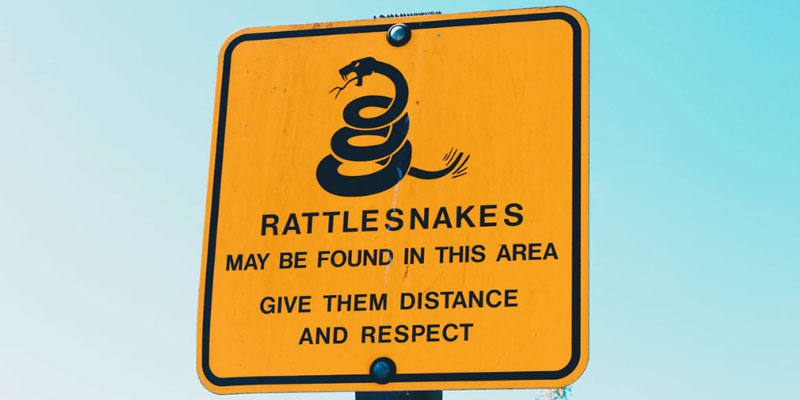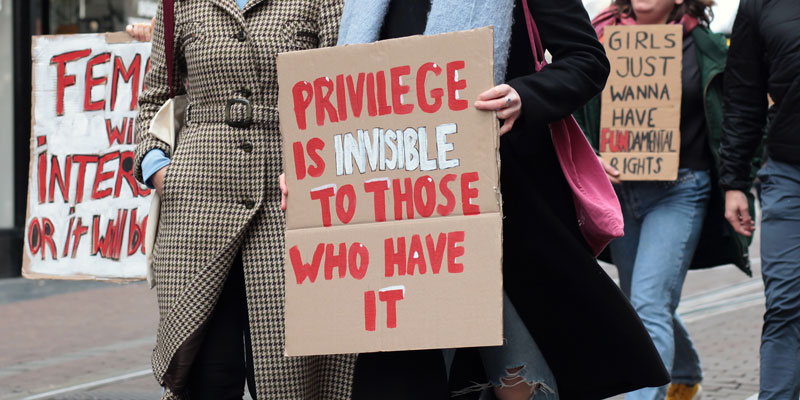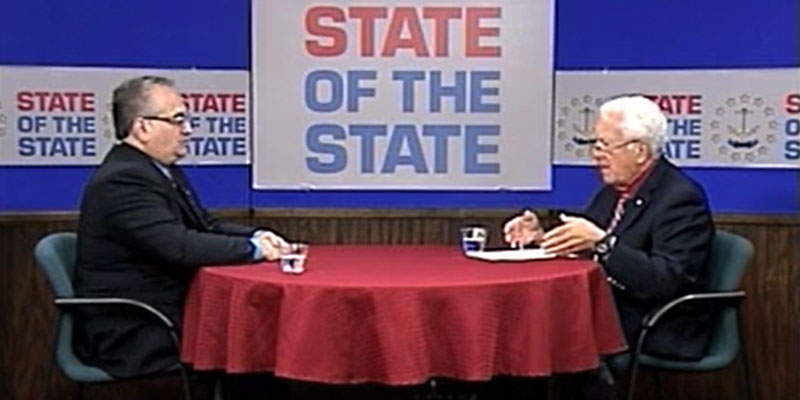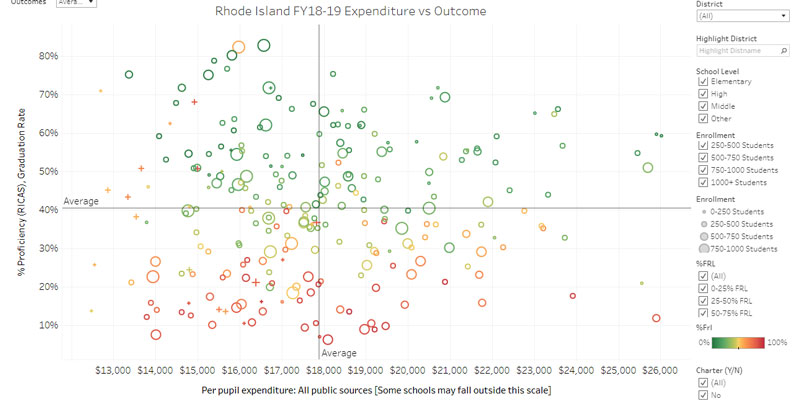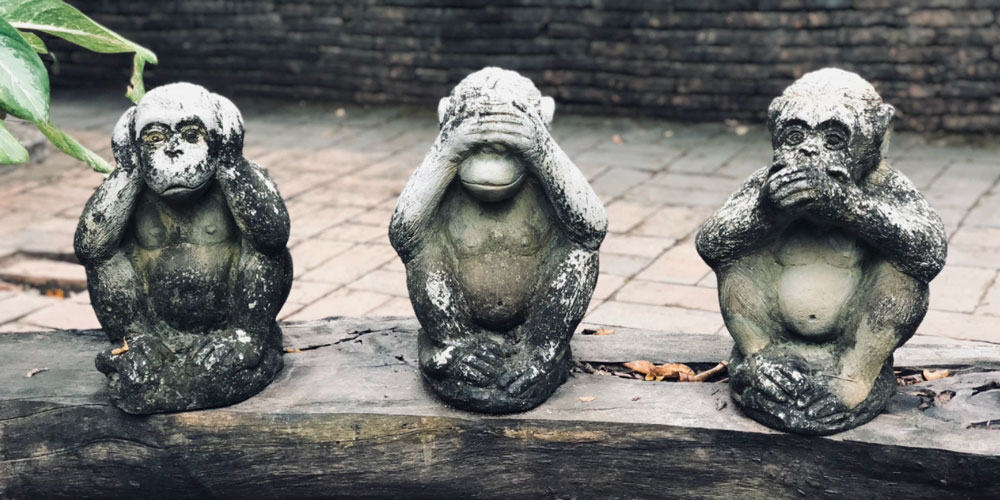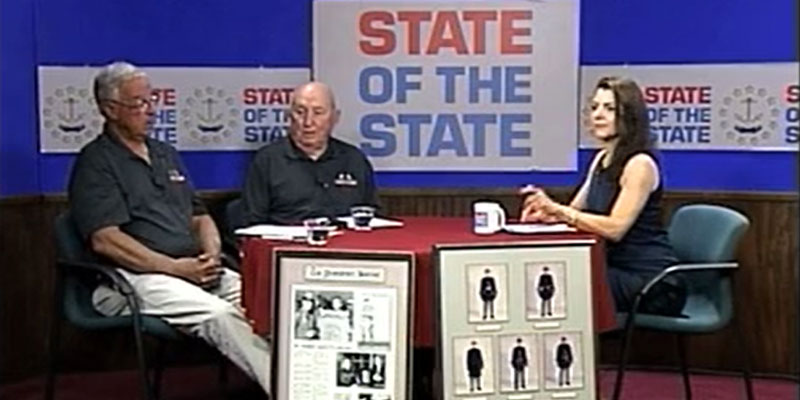After a week of national coverage, with Tucker Carlson jokingly lauding her honesty and encouraging the Democrat Party to embrace her more fully, most Rhode Islanders who pay any attention to the news have probably heard about Tiara Mack’s twerking performance. Even the local media had to take some notice, at least to the extent of reporting on the controversy, if not emphasizing the source material.
This issue shouldn’t be shuffled into the timeworn narrative about young adults’ challenging the dated, and ultimately irrational, mores of their elders. True, the Ivy League “educated” Mack is simply illustrating how extended and extreme classic adolescent behavior has become. For centuries, kids have rebelled against norms as a way of testing the boundaries by which they should live (initially set by their parents), and for generations, they’ve complained that they aren’t respected for who they genuinely are when they hit those boundaries. It’s natural child development transformed into a destructive and maybe lifelong psychosis.
Part of maturing beyond adolescence — the part that the power-hungry seek to undermine for their own cynical advantage — is realizing that respect is a two-way street. Societies develop mores and set boundaries so that we can show mutual respect by agreeing to interact on that delimited playing field.
In particular, those in public office in a representative democracy must show respect in this way. Not only are they ostensibly supposed to represent everybody, but the entire system absolutely requires the people to have respect for the offices, if not the people in them. Strict parliamentary procedure, for example, requires members of a group always to address the chairperson to put distance between the personalities and the arguments.
This is why the twerking episode proves Tiara Mack to be unfit for public office. In this, she is only representative of the latest wave of progressives, whose persona is expressed very strongly as an attitude of disrespect for people with whom they disagree. Although it will do tremendous damage proportional with its success, this strategy will ultimately fail for the very reason the boundaries evolved. Conflicts are inevitable, and if people can’t resolve them with respect, they will resolve them violently.
Featured image by Zach Savinar on Unsplash.
[Open full post]My pace of writing for these essays is much slower than my usual. In part, the reason is that my 2022 has simply been busier than I expected, and I haven’t been able to manage my Dust in the Light allotment of time every week. In bigger part, however, the reason is that, as clear as the concepts are to me, putting them into words so as to be explanatory is difficult. Such writing is very easy when the writer is simply proclaiming beliefs with the a priori assumption that readers have necessary knowledge and agreement. It’s much more difficult if the intent is to make the case for original ideas to people who will probably think the writer is crazy.
Be my sanity whatever it may be, exploring these ideas feels like the capstone project of my life, so I’ll keep trudging along. (I think the next three will flow more smoothly, but we’ll see!)
This time around, I move from my proposed model for reality, which carried through to the Multiverse, and describe how beings emerge conceptually, down to the level of human beings.
[Open full post]On WNRI 1380 AM/95.1 FM, John DePetro and Justin Katz discuss:
- The terrifying prospect of digital elections in the Ocean State
- Fung gets the RIGOP treatment on Newsmakers
- McKee picks a strange fight with Kalus on DeSantis
- The Mack Shake is revealing in many ways
- Seth instructs the local media
- Raimondo’s fairyland talking points on the economy
Featured image from Shutterstock.
[Open full post]… on Astral Weeks by Van Morrison has to be one of the greatest tracks ever recorded
[Open full post]Guest: Frank Soccoccio, attorney and president of the RI 2nd Amendment Coalition, Home (ri2nd.org)
Host: Richard August
Description: This interview focuses on the recent gun control legislation passed by the RI general assembly and the recent Supreme Court decision regarding the right to carry a firearm. The discussion includes the general content of the laws passed and their anticipated effects; various aspects of the laws like magazine limitations; conceal carry permits; differences in the permitting practices; anticipated court action resulting; the required surrender of personal property; etc. An interesting fact is that less than one half of one percent of the Rhode Islanders have a firearm carry permit.
With the Supreme Court’s overturning of Roe v. Wade, we heard many activists in Rhode Island fretting that rights had been taken away. Putting aside the question of whether the claim is true, it purposefully gives the impression that the highest value is individual liberty, not the ability to kill unborn children. Judging by the utter disinterest in protecting rights of free speech and association in the Ocean State, this purposeful impression was plainly false.
Consider Sarah Doiron’s WPRI article, “2 men charged for posting white nationalist flyers in East Providence“:
Two people were arrested after they were caught trying to recruit men for a white nationalist group last month, according to the East Providence Police Department.
A few days later, Adriana Rozas Rivera reported on the same website:
Local police departments are investigating after white nationalist flyers were posted in cities and towns across Rhode Island.
The posters belong to a group called the Nationalist Social Club and displayed hateful messaging.
These groups are ridiculous and absolutely wrong-headed, in my view, but they aren’t the source of danger in this equation. The government and news media are. The ability to distribute and post materials advertising for members to join a social or political group is absolutely fundamental to our rights as Americans. Sure, one can observe that the technical charge appears to have been related to a local ordinance forbidding the posting of signage on poles, but the handling in the news stories clearly treats that as a pretense to get at the true offense of attempting to recruit, and one suspects the violation is not evenly enforced without regard to the viewpoint of the materials.
One further suspects the police, journalists, and others who support this infringement on the men’s rights tell themselves that this is a special case in which a community should be permitted to protect itself from “hate,” but that line will never hold. The message that intolerance will not be tolerated comes inextricably with the message that government is authorized to determine what counts as intolerable speech, and the limited line advocates believe themselves to be drawing, in this case, will never hold.
Consider Rivera’s claim that the “posters… displayed hateful messaging.” From what the reports convey, the text on the fliers stopped short of expressing the hatred for ethnic groups that Rivera implies:
We are a social club of nationalists from New England focused on building a network of likeminded men & women dedicated to defending their lands and their people. We oppose the criminal anti-American & anti-white street gangs such as MS13, Black Lives Matter, and Antifa. We are for us. By us. And against those against us.
Above all, we stand for the security and prosperity of white New Englanders. Our motivations to carry out this mission do not come from a place of hatred, but a love for our own people. No one else will protect us!
The perspective behind the text is objectionable, but it is literally an articulation of reasons to join together in defense of shared values. If the First Amendment does not protect that, what is it for? And if the definition of “hateful messaging” extends to the motivations that the government (and journalists) assume to be behind a defensive recruiting message, then it can extend to any articulation of views to which the regime objects.
More worrying, still, is the question of how far government is permitted to go when prosecuting (or persecuting) people with minority views. Apparently, nobody is willing to speak up when government officials use rhetoric suggesting that certain speech is criminal. Indeed, the lieutenant governor of the State of Rhode Island condemned me by name for doing just that. We’ve now moved on to arrests. Is that over the line? Apparently not.
Would anybody speak up if these men were imprisoned and held without bail pending a trial? Exactly how harsh a penalty would government have to impose before people began expressing concerns about disproportionate punishment for political reasons? Judging from the nearly complete lack of concern for the Americans arrested after January 6, the answer is obviously “harsh, indeed.” Honestly, I have my doubts that we’d hear much outcry from Democrat officials and the mainstream news media if the prisoners in Washington were all condemned to death. (If you’re dismissive of the plight of the January 6 detainees, by the way, are you able to describe what, exactly, each of them did to deserve it?)
If the reach of such groups as the National Social Club appears to be growing in New England, perhaps it’s because government and the news media are doing so much to reinforce their message that “no one else will protect us.” To pull this trend up short of violence, it falls to all of us not to protect members of such groups, per se, but to protect our shared rights. The media and government won’t do it because journalists want to sell fear mongering about cinematic hate groups and government officials want to create villains who make themselves look like heroes.
The rest of us must begin finding the courage to say that we don’t like what these groups stand for, but we stand for their right to form their own beliefs, to speak, and to form associations. Shame on us all if we fail to do so.
Featured image from Shutterstock.
[Open full post]I listened to so much Billy Joel as a tween and teen that one could almost say he was something of a father figure for me (hey, don’t judge). One of his songs just came up on my shuffle, inspiring me to check in BillyJoel.com, which I haven’t visited in years. With a few exceptions, the photos reinforce an impression I’ve had since first watching the video of his millennium concert decades ago: he just never seems happy. With some exceptions, the smile never seems to reach his eyes, as the saying goes.
I say this believing myself still to be in tune with his professional persona. In interviews from the ’80s and ’90s, I completely got his somewhat cynical and sarcastic Tri-State Area sense of humor. But somewhere around the year 2000, the down-to-Earth-getting-what-a-lark-this-all-is star thing shifted to a guy-who-reached-the-top-and-didn’t-find-something thing.
Maybe that’s why he hasn’t really done any original work since his classical album in 2001.
[Open full post]On the periodic occasions that one sees headlines in Rhode Island about improving education, the focus is almost invariably money, whether the topic is an adjustment to the state funding formula or about a “right to an education,” by which advocates ultimately mean a right to more tax dollars.
But take a look at the featured image of this post, which I came across on Georgetown University’s Edunomics Lab. Each mark is a school, and the higher up they are on the chart, the better students do with standardized math and English scores and graduation rates. The farther right they are, the more they spend per student. The greener the mark, the wealthier the average student, and the redder, the poorer. Plus marks are charter schools.
If school spending made a difference, the marks would generally move from the bottom left of the chart to the upper right… but they don’t. There appears to be no correlation at all between spending per student and student success, even if we look only at the poorest districts, where presumably funding would make the biggest difference.
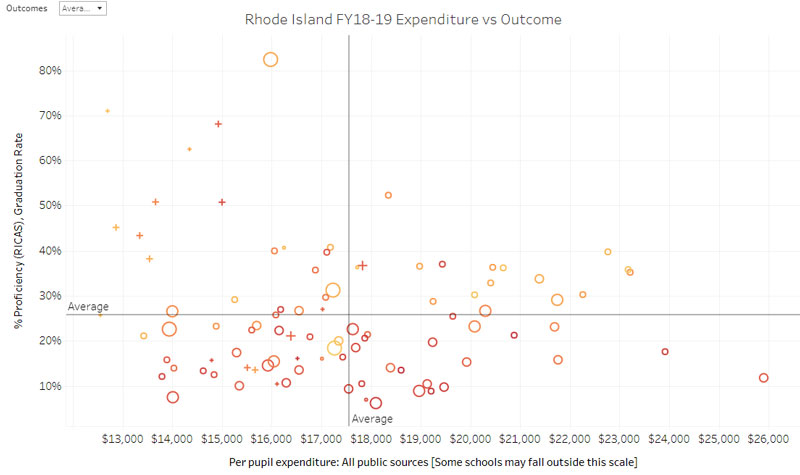
Across the country the story is the same. If anything, the correlation appears to be inverse. Schools seem to do worse when they get more funding. As much as I’d like tax cuts, though, that story isn’t quite complete. From a relatively cursory look at these charts, one suspects that the reason for this inverse relationship is that wealthier communities do better and spend less per student, while spending more per student makes no difference in poorer communities. Thus, there are simply fewer high-spending, high-success districts because spending doesn’t matter and districts in which students do well have less leverage to trick taxpayers into giving them more money.
Two factors obviously do matter, however. The first, as just indicated, is the wealth of the community. Unfortunately, however, simply transferring money to poorer people probably won’t make a difference. If raw money were the answer, one would expect school spending to make some difference. Rather, wealth is probably more important as an indicator of social and cultural factors.
This hypothesis holds up in light of the second relevant factor. Look at the Rhode Island chart a couple paragraphs up, which shows all RI districts in which at least half of the students are eligible for free or reduced lunch. Those plusses in the upper left, with low spending and high results, are charter schools attended by poorer children. Two possibilities come immediately to mind. Either there’s something about regular district schools that impedes student achievement, or poorer families with the same social and cultural attributes that help wealthier communities self-select into these schools.
If we were truly serious about improving education, especially for disadvantaged students, we’d focus on these possibilities. Rhode Island won’t do so, however, because a significant number of vocal people don’t like the ideological implications. Perhaps more significantly, our state is run for the benefit of special interests for whom collecting taxpayer money is the primary purpose of government schools, and that’s an area in which they excel.
[Open full post]On WNRI 1380 AM/95.1 FM, John DePetro and Justin Katz discuss:
- Langevin & Magaziner’s fearful press conference
- The Globe’s clarifying poll
- The RI GOP’s successful convention
- The Speaker’s hints about arson
- Lancia’s graceful exit
- McKee’s McMentum
- Whom to fear more when left-wing politicians decry clowns’ access to the First Amendment
Featured image by Joao Tzanno on Unsplash.
[Open full post]Guests: Ret. Lt. Kenneth Bowman, RI State Police Museum Foundation,
Ret. Lt. James T. Beck, RI State Police Museum Foundation,
Host: Darlene D’Arezzo
Description: Guests are retired RI State Police and members of RI State Police Museum Foundation https://rispmuseum.org .
They talk about how the museum originated and the persons involved. They offered a video which provides an overview of its creation and another about Trooper O’Brien, who died while on duty during Hurricane Carol. They share not only their memories but also commentary on some favorite topics: Troopers in Uniforms on the Dave Letterman Show; Red Disk use; the unique Social Investigator Corp; the upcoming 100 year book and 2025 Centennial; the charity events hosted by the Museum Foundation; and more.


